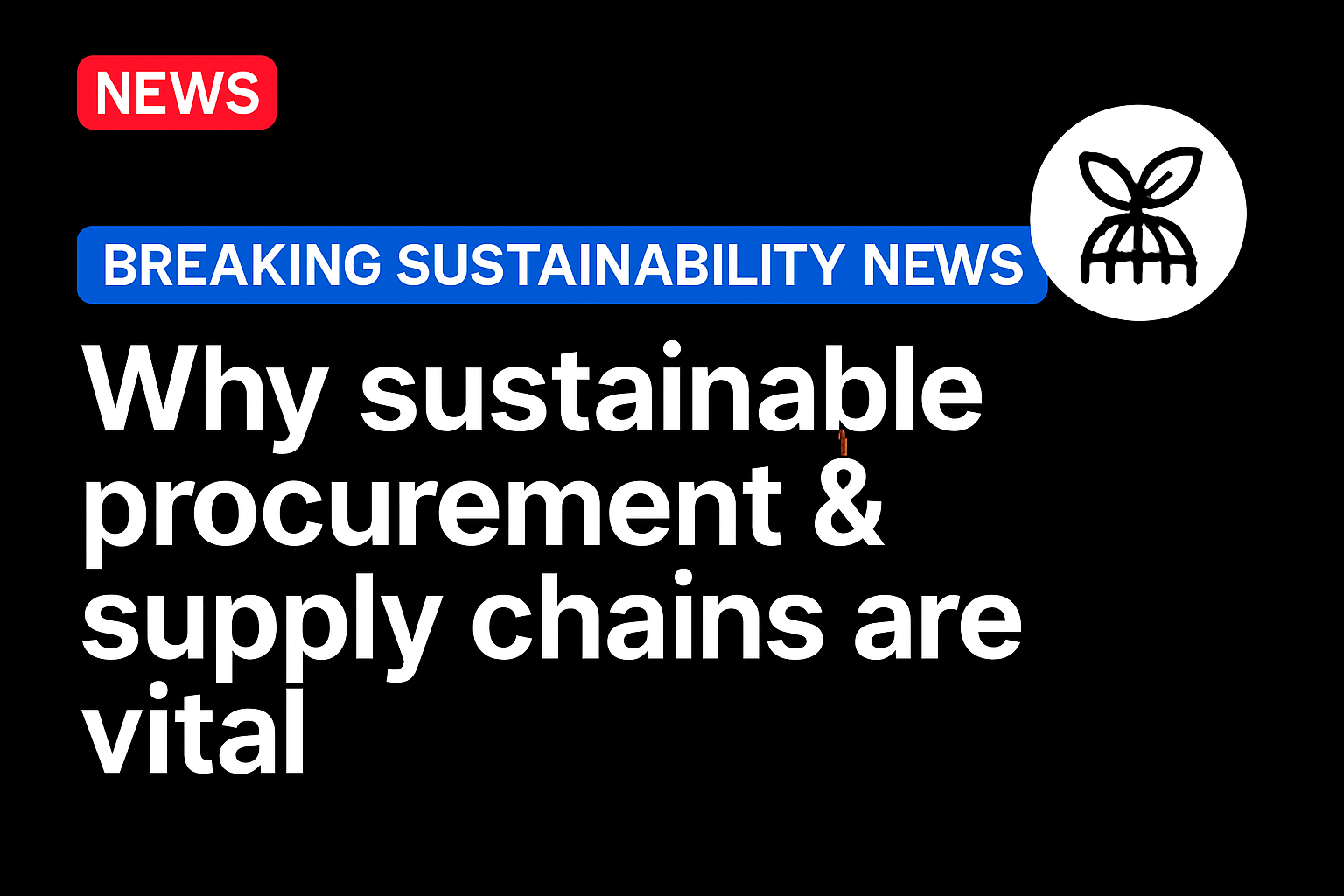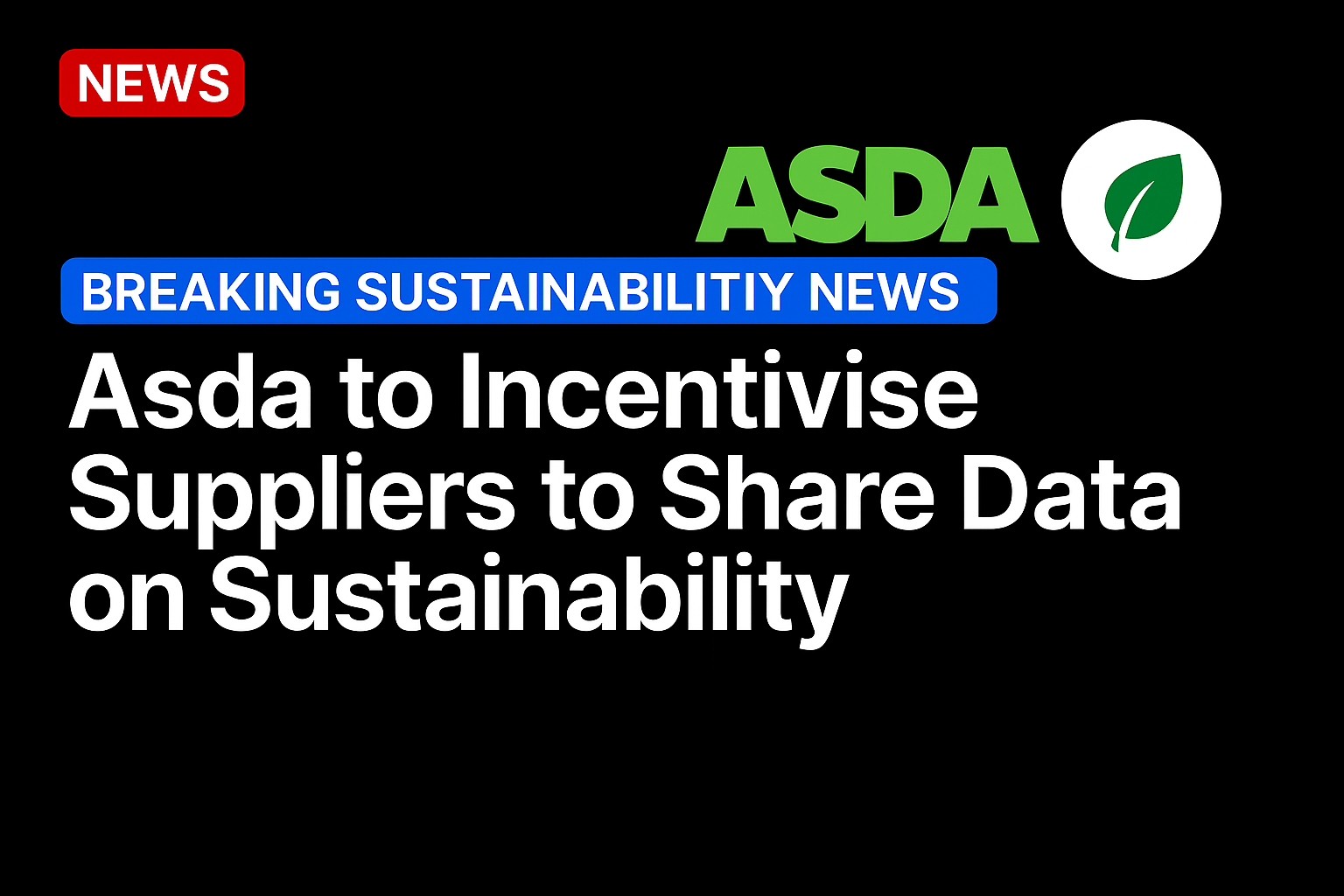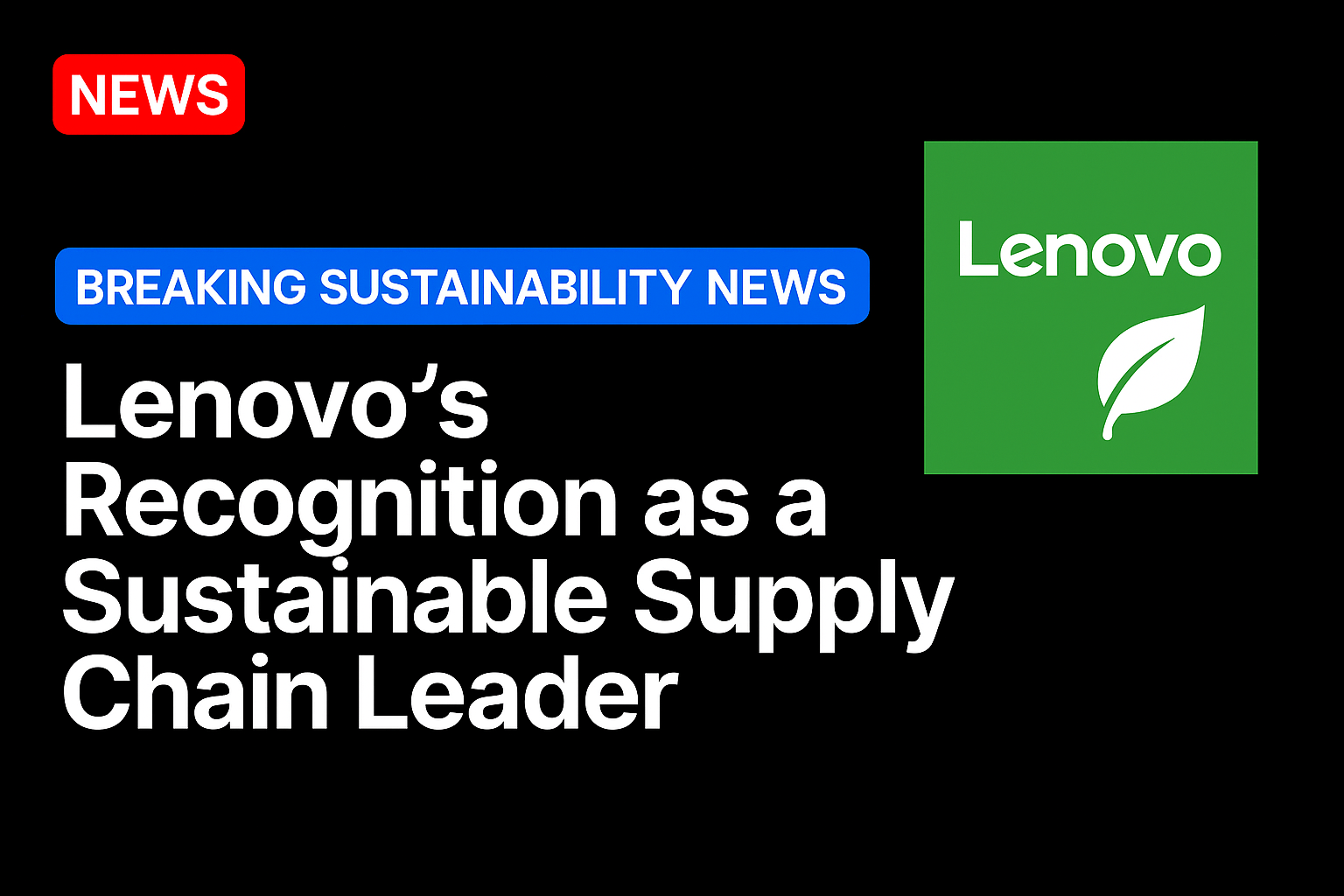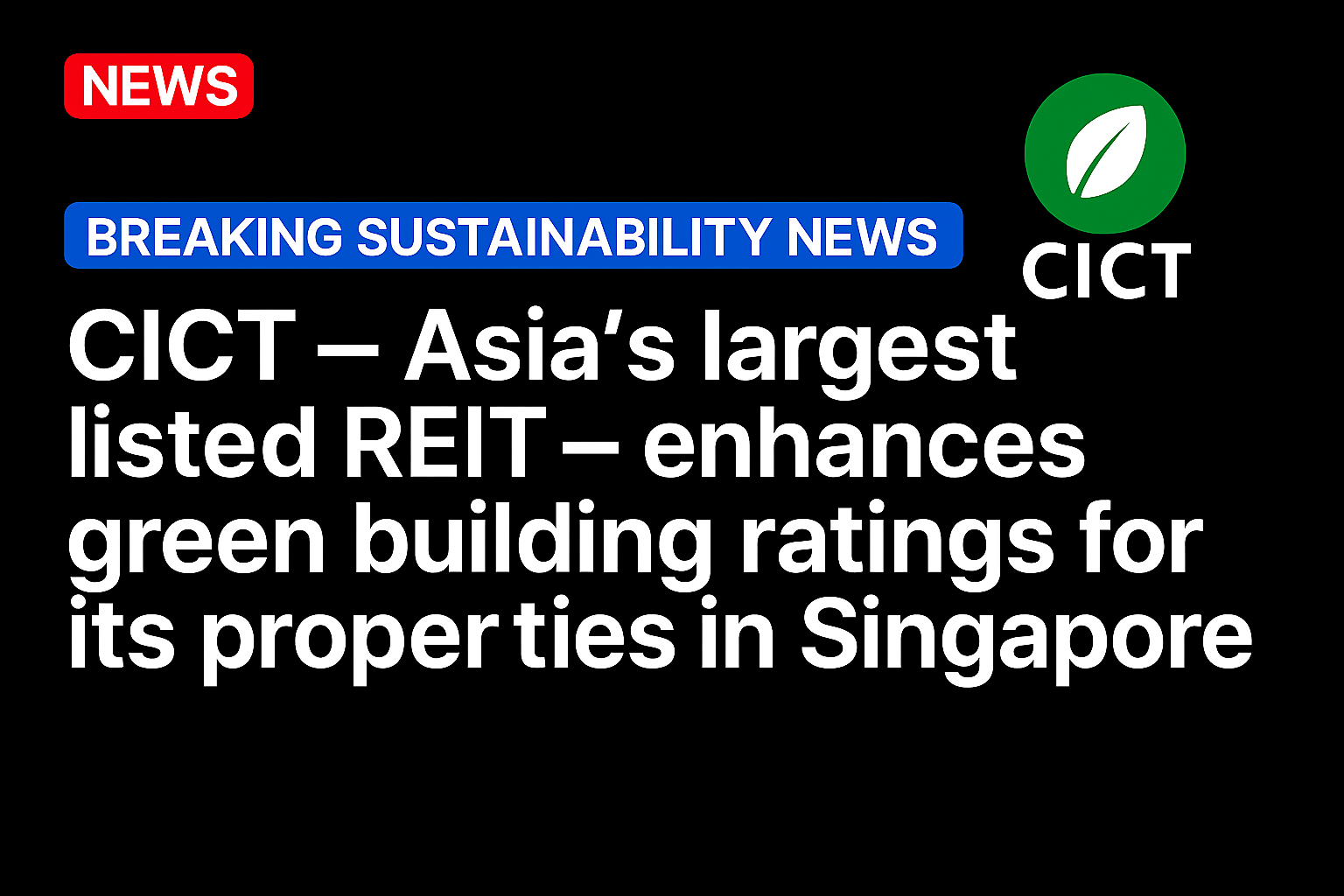Supply chain sustainability has evolved from nice-to-have to business-critical, with leading organisations turning green commitments into an advantage
Sustainability has moved from optional initiative to strategic imperative. A business’s supply chain will either expose the organisation to significant risk or become a powerful catalyst for positive transformation.
With sustainability now with its seat in the boardroom, supply chain leaders who haven’t aligned their operations with environmental targets, emissions transparency and ethical sourcing standards are falling behind fast.
The organisations winning today are those building adaptive, transparent value networks that simultaneously drive innovation, slash carbon footprints, eliminate waste and safeguard reputation.
They’ve discovered that sustainable operations aren’t just about compliance–they’re about competitive advantage.
Sustainable supply chain commitments represent a company’s formal dedication to reducing the environmental and social harm caused by their supply chain operations. These commitments translate into concrete actions that integrate ethical practices, optimise resource efficiency and ensure long-term economic viability across all supply chain activities.
A fundamental component involves creating environmentally responsible supply chains by embedding sustainable principles throughout the entire process. This comprehensive approach encompasses product design, material sourcing, manufacturing processes, logistics operations and end-of-life product management. By establishing environmental benchmarks at each stage, companies can systematically reduce their ecological footprint.
Transparency as the foundation of trust
Many organisations prioritise transparency as a core element of their sustainability commitments.
This involves openly disclosing detailed information about product sourcing, labour practices and comprehensive end-to-end supply chain operations. Transparency enables stakeholders to make informed decisions and holds companies accountable for their sustainability claims.
Companies increasingly incorporate circular economy concepts into their supply chain commitments. This approach emphasises minimising raw material consumption whilst maximising the reuse and repurposing of existing products and materials.
By designing products for longevity and recyclability, organisations can create closed-loop systems that significantly reduce waste and resource dependency.
McDonald’s leading by example
Take for example McDonald’s, which is committed to sustainable sourcing and using the large brand to positively impact the planet, animals and people in its supply chain.
By the end of 2025 the company wants to engage 10 million families and connect them to farming, nature and the future of sustainable food.
Using the McDonald’s Young Talent Programme the company wants to start more than 100 careers in food and farming for young people from diverse backgrounds by 2030.
Chris Kempczinski, CEO at McDonald’s, says: “As a leading global brand, we understand our responsibility to help preserve our planet so our business and future generations can continue to thrive.
“To protect the future of McDonald’s, we need to help protect our Earth’s natural resources so that we can continue serving our communities.”
Reimagining supplier relationships
During Sustainability LIVE, a panel will be held discussing sustainable procurement and supply chains, sponsored by GEP.
The event, which returns to the BDC on 9 and 10 September, will provide two days of thought-provoking debate, networking and innovation.
An exciting line-up of new and familiar names will be welcomed to the stage at Sustainability LIVE London, bringing new insights, strategies and innovations, as well as the opportunity to revisit evolving perspectives for its attendees.
Don’t miss out on your chance to attend – secure your tickets.
The panel brings leading practitioners who are successfully weaving environmental, social and governance considerations into the fabric of their operations. From reimagining supplier relationships to pioneering regenerative product development, these leaders reveal how they’re turning sustainability commitments into operational reality across every level of their organisations.
It will explore how industry pioneers are mastering supplier collaboration, climate reporting, sustainable materials sourcing and end-to-end visibility.
The speakers will explore the breakthrough technologies, strategic alliances and organisational transformations that are redefining what procurement can achieve in the modern economy.
The participants include:
- Emma Bleach, Group Sustainability Manager, Virgin
- Craig Woodburn, Sustainability Director – EMEA/APAC, Molson Coors Brewing
- Jaclyn Kaminski-Beneche, Global Head of Sustainability, International Workplace Group
- Laith Amin, VP of Growth & Development, EcoEngineers
- Nishad More, Manager – Consulting, GEP
If you are interested in this, during Sustainability LIVE, there is a workshop, being held by GEP, that will look at how businesses can use their supplier partnerships as a tool to unlock ESG value.
Source: https://sustainabilitymag.com/




